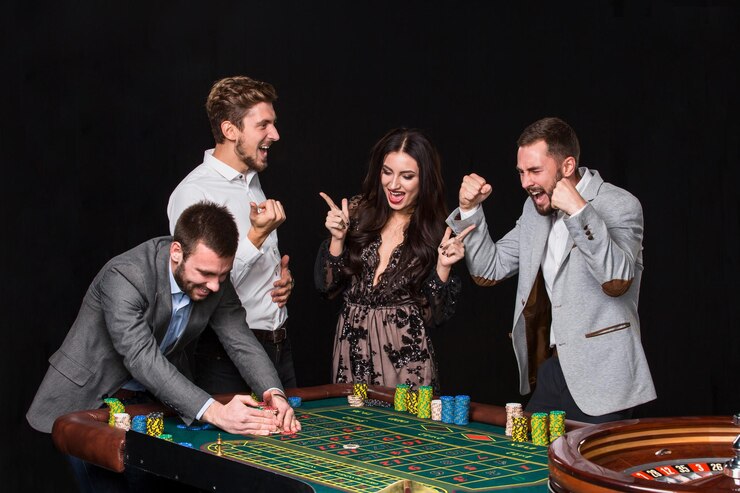Gold365, Betbook250, Diamondexch9: When it comes to making betting decisions, emotions play a crucial role in influencing our choices. Emotions such as excitement, fear, and overconfidence can lead individuals to take risks that they may not have considered otherwise. For instance, the thrill of winning can override rational thinking, causing individuals to place larger bets than they initially intended.
Moreover, emotions can also affect our perception of risk and reward. Studies all have shown that when individuals are in their positive emotional state, they tend to underestimate the potential risks involved in betting, leading to more impulsive decision-making. On the other hand, negative emotions like anger or disappointment can result in risk aversion, causing individuals to avoid taking any chances, even when the odds are in their favor.
Analyzing Risk-Taking Behavior in High-Stakes Betting Situations
High-stakes betting situations often attract individuals who exhibit varying degrees of risk-taking behavior. These individuals may be more inclined to take chances and make bold decisions in the hopes of securing a significant win. The allure of high potential rewards can overshadow the potential consequences of losing, leading to impulsive decision-making and heightened risk-taking tendencies in such environments.
Research has shown that individuals engaging in high-stakes betting situations may experience a surge in adrenaline and heightened emotional arousal. These physiological responses can further fuel risk-taking behavior and influence decision-making processes. The combination of elevated emotions and the lure of substantial rewards can create a potent cocktail that drives individuals to take more risks than they would in less high-pressure scenarios.
Identifying Cognitive Biases that Impact Decision-Making in Gambling
Gambling involves a variety of cognitive biases that can significantly impact decision-making processes. One common bias is the hindsight bias, where individuals tend to believe after an event has occurred that they could have predicted the outcome. This tendency can lead gamblers to overestimate their ability to predict future events, contributing to risky decision-making in gambling activities.
Moreover, the confirmation bias plays a crucial role in influencing decision-making in gambling. This bias occurs when individuals seek out information that confirms their existing beliefs and overlook information that contradicts them. In a gambling context, this bias can lead individuals to selectively process information that supports their desired outcomes, potentially leading to poor decision-making and increased risk-taking behavior.
• Hindsight bias can lead to overestimation of predictive abilities
• Confirmation bias influences decision-making by seeking out confirming information
• Selective processing of information may lead to poor decision-making in gambling
How do emotions influence betting decisions in gambling?
Goexch9, Sky247 Login, Tiger Exchange: Emotions can often lead individuals to make impulsive or irrational decisions when gambling. For example, the desire to chase losses or the excitement of a winning streak can cloud judgment and lead to poor decision-making.
What factors contribute to risk-taking behavior in high-stakes betting situations?
Factors such as the potential for a large payout, the adrenaline rush of high-stakes betting, and the desire to prove oneself can all contribute to increased risk-taking behavior in high-stakes gambling situations.
What are some common cognitive biases that impact decision-making in gambling?
Some common cognitive biases include the confirmation bias (seeking out information that confirms preconceived beliefs), the gambler’s fallacy (believing that past outcomes influence future probabilities), and the availability heuristic (relying on readily available information when making a decision).
How can individuals work to mitigate the impact of cognitive biases on their gambling decisions?
One way to mitigate the impact of cognitive biases is to take a step back and objectively analyze the situation before making a decision. Setting limits on betting amounts and taking breaks to reassess one’s mindset can also help prevent impulsive decision-making influenced by cognitive biases.
Also Read:
- Types Of Food Label Printers
- What Is Flutterwave Scandal?
- What Is Copy AI? How To Use?
- How To Get Rid Of My AI On Snapchat?
- Unraveling the Power of Blockchain Technology

